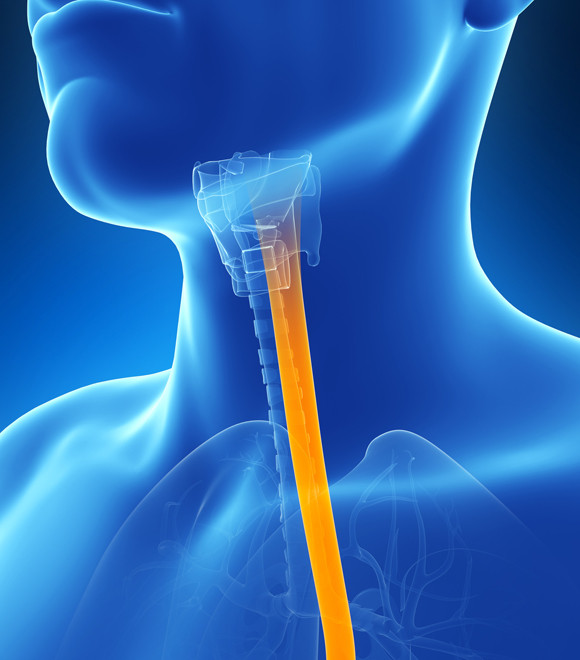Specialties of Excellence
Remote Consultation by Asan Medical Center
A remote consultation is a valuable resource when you face complex medical issues or difficult treatment decision. Our remote consultation program offers patients access to leading specialists at Asan Medical Center.
Quick appointments
Our main service
Outpatient Service
Inpatient Service
Alumni Testimonials
AMC Facilities
Find out more about each facility in AMC
Inquiry and Contact Information
If you have any questions, please feel free to contact us directly or contact us.
About AMC
Ceaseless Passion and Advanced Medical Treatment
for the Improvement of Health for Humankind




